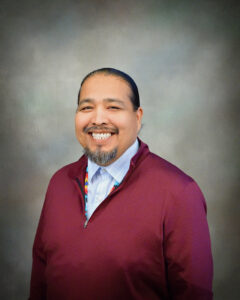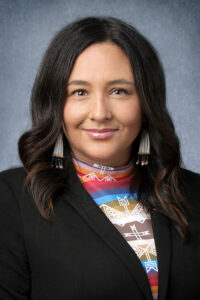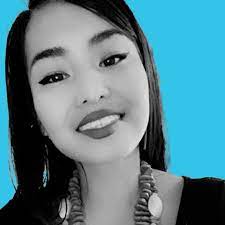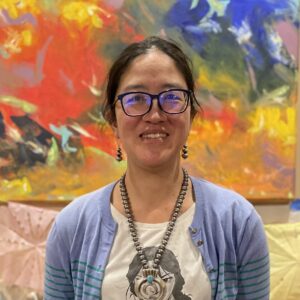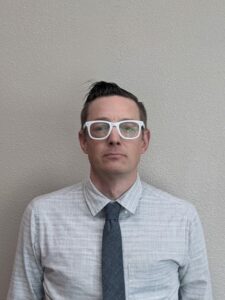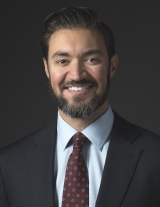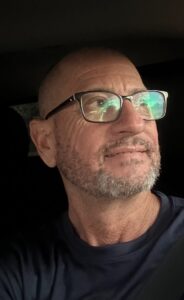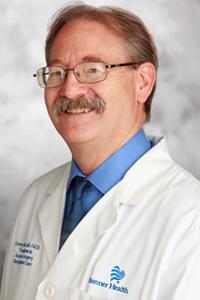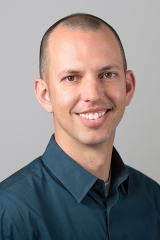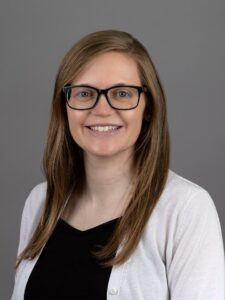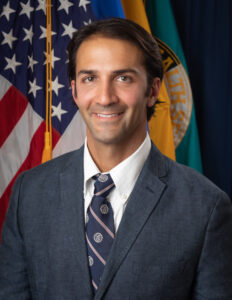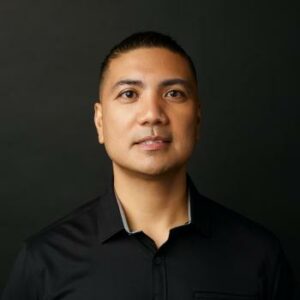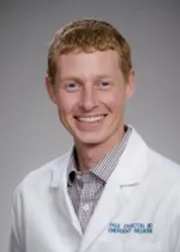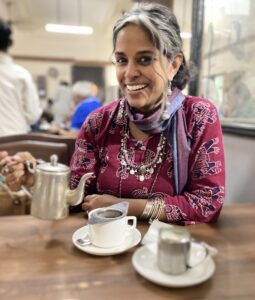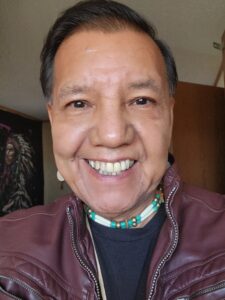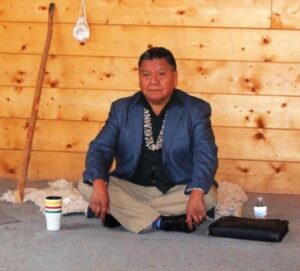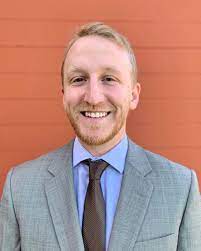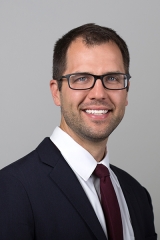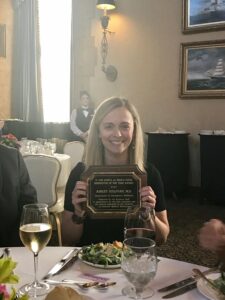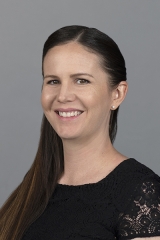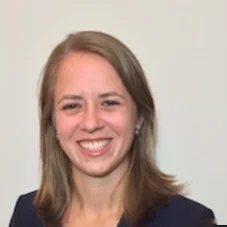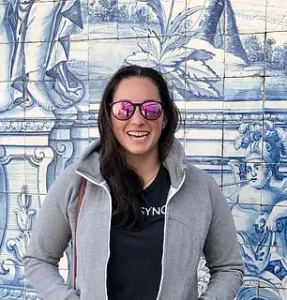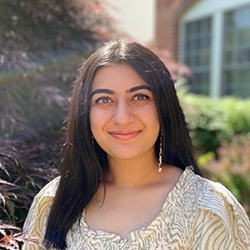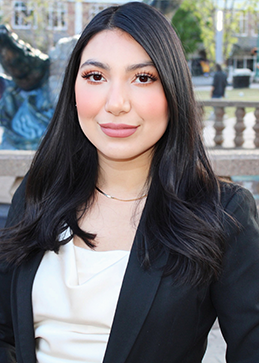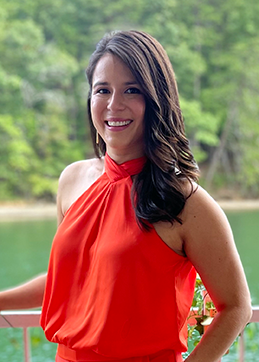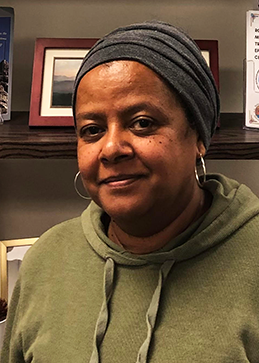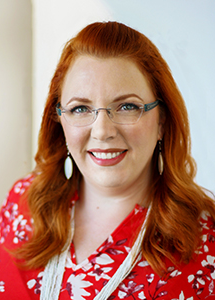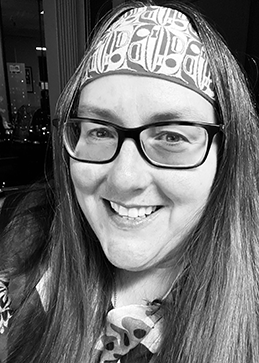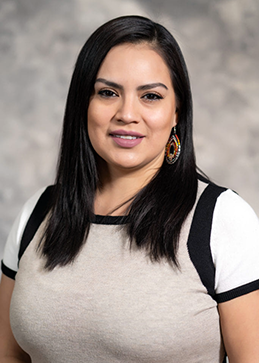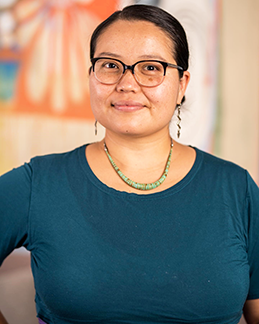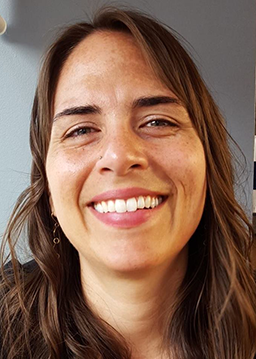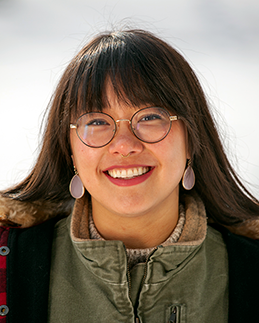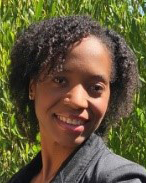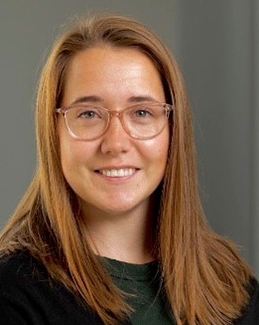
In 2013, the Gallup Indian Medical Center started a Transgender Clinic that was open just one day per week. Today the clinic serves more than 120 clients from across the Navajo Nation and surrounding urban areas.
In July, we spoke with Dr. Jennie Wei, an Internal Medicine Physician at Gallup Indian Medical Center and co-founder of the Transgender Clinic, to learn more about the clinic’s important work.
Dr. Wei came to Gallup in 2012 after working at Lyon-Martin Health Services, a transgender health clinic in San Francisco. During her first six months at Gallup, she worked with Dr. Jon Iralu, the IHS Chief Clinical Consultant for Infectious Diseases, who also ran Gallup’s HIV clinic. Many of his clients were transgender or had friends who were trans. This sparked a desire to start a clinic to specifically serve this community’s needs. “It was very clear that people were not able to access hormone therapy in our region. They were accessing hormones online, off the streets, unsupervised,” said Dr. Wei. “[Dr. Iralu] was also very concerned that people didn’t feel comfortable coming to our clinic.”
Unfortunately, this discomfort is not uncommon. A 2015 survey of 27,715 transgender adults in the U.S. found that one-half of all Indigenous respondents reported at least one negative experience with a healthcare provider in the past year due to their gender identity. Negative experiences reported ranged from a provider asking invasive or unnecessary questions about the patient’s gender status to abusive language, harassment, and physical assault. And this poor treatment by providers impacts trans peoples’ access to care. In the same study, 37% of Indigenous respondents said that they opted not to visit a medical provider in the past year because they feared being disrespected or mistreated as a transgender person.

For Dr. Wei and her colleagues, these findings are particularly unsettling given that trans people face significant health disparities when compared to the general population in many areas, including substance use, suicidal ideation, and HIV infection.
To better support the needs of trans and gender non-conforming community members, Dr. Wei and Dr. Iralu knew it would be important that Gallup offer clients gender-affirming care and put clinic protocols into place to ensure that clients were treated with dignity and respect.
According to Dr. Wei, one aspect essential to the Gallup program’s success was making adjustments to the clinic’s electronic health record (EHR) system to ensure providers know and use their patients’ proper names and chosen pronouns. This is a simple step all clinicians and clinics can take to greatly enhance patient-provider communication and access to care.
“One of the main components of providing gender-affirming care is making sure people refer to patients by their preferred name and pronouns,” said Dr. Wei. “And it’s really hard to do when certain [Electronic Health Record] systems are set-up to automatically pop up a patient’s given name and gender at birth.”
As a work-around, the Gallup Indian Medical Center added a pop-up to their EHR that notifies a care provider of a patient’s preferred name and pronouns. This reminder functions similar to notifications a provider may receive regarding other important health information, such as blood incompatibility or duplicate patient records.
Dr. Wei emphasized that first and foremost the Transgender Clinic is a primary care clinic. “Primary care in Indian Country is essential for enhancing health and wellbeing – making sure you’re getting your vaccines, getting screened for diabetes, and setting people up with behavioral health counseling. It also means offering hormone therapy for those that have a gender identity different than their sex assigned at birth.”

For patients who are interested in gender-affirming medical transition, the clinic provides estrogen and testosterone, some gender-affirming surgery, and speech therapy to adjust vocal tone to better align with a patients’ gender.
Based on recommendations from her patients, Dr. Wei has created a list of other social services that may be useful to trans and gender non-conforming patients, such as legal aid, assistance with identification changes, and housing support.
In addition to regularly crowdsourcing information on the best support organizations for trans people, Dr. Wei works directly with trans activists in the community. She regularly co-hosts health education training sessions with Mattee Jim, a prominent Diné advocate for trans rights.
“A lot of people want to make sure they are providing the best care possible … but they weren’t necessarily trained, twenty years ago, about how you might talk to someone who has a different gender identity than their sex assigned at birth,” she reflected. “Providers really want to provide the best care possible, but they are just unsure of how to do it sometimes.”
Fortunately, there are now resources where providers can learn how to provide high-quality care for their transgender and gender non-conforming patients. For instance, Dr. Wei and other clinical experts now share their insights and clinical pearls with others through Indian Country ECHO’s free Trans and Gender-Affirming Care TeleECHO Clinics, offering personalized recommendations for clinicians throughout Indian Country who are providing or want to provide gender-affirming care. Dr. Wei and her colleagues also host trainings at other clinics throughout the Navajo Nation.

For tribes or urban Indian health clinics seeking to provide gender-affirming care, Dr. Wei emphasized that it’s okay to start small. “Even putting up basic posters that say ‘we don’t discriminate based on gender identity or sexual orientation’ [can make a difference].”
For clinics and clinicians seeking to expand their trans and gender-affirming care offerings, consider joining Indian Country ECHO’s Trans and Gender-Affirming Care TeleECHO Clinics, where you can join a community of clinicians learning from champion providers, like Dr. Wei, and from peers through case presentations and brief didactics. For additional information contact, Morgan Thomas, 2SLGBTQ+ Outreach Coordinator, at mthomas@npaihb.org.
For gender-affirming print materials you can use in your clinic, visit the Northwest Portland Area Indian Health Board’s page containing a wide variety of Two Spirit and LGBTQ+ Resources for Providers.
